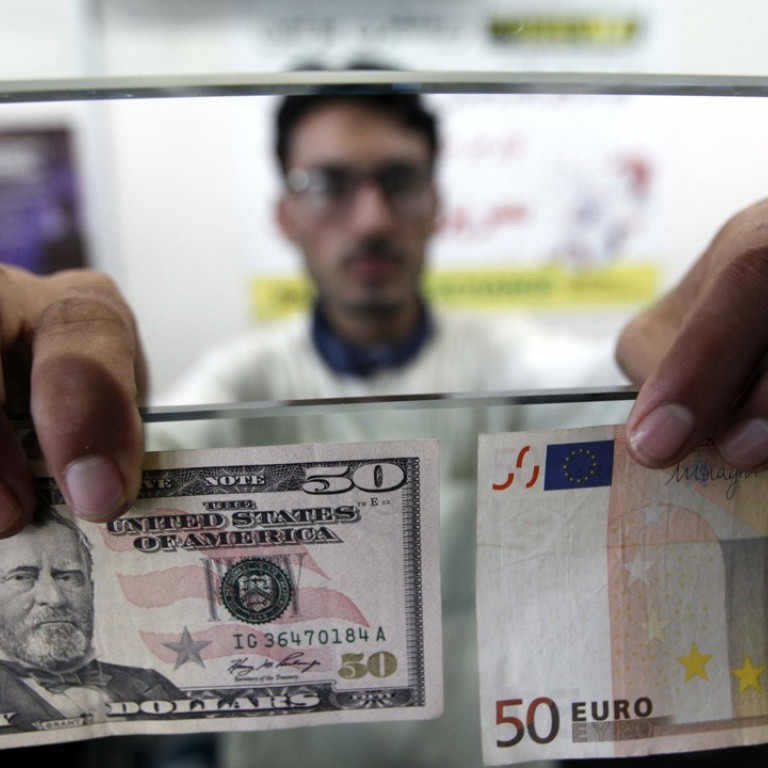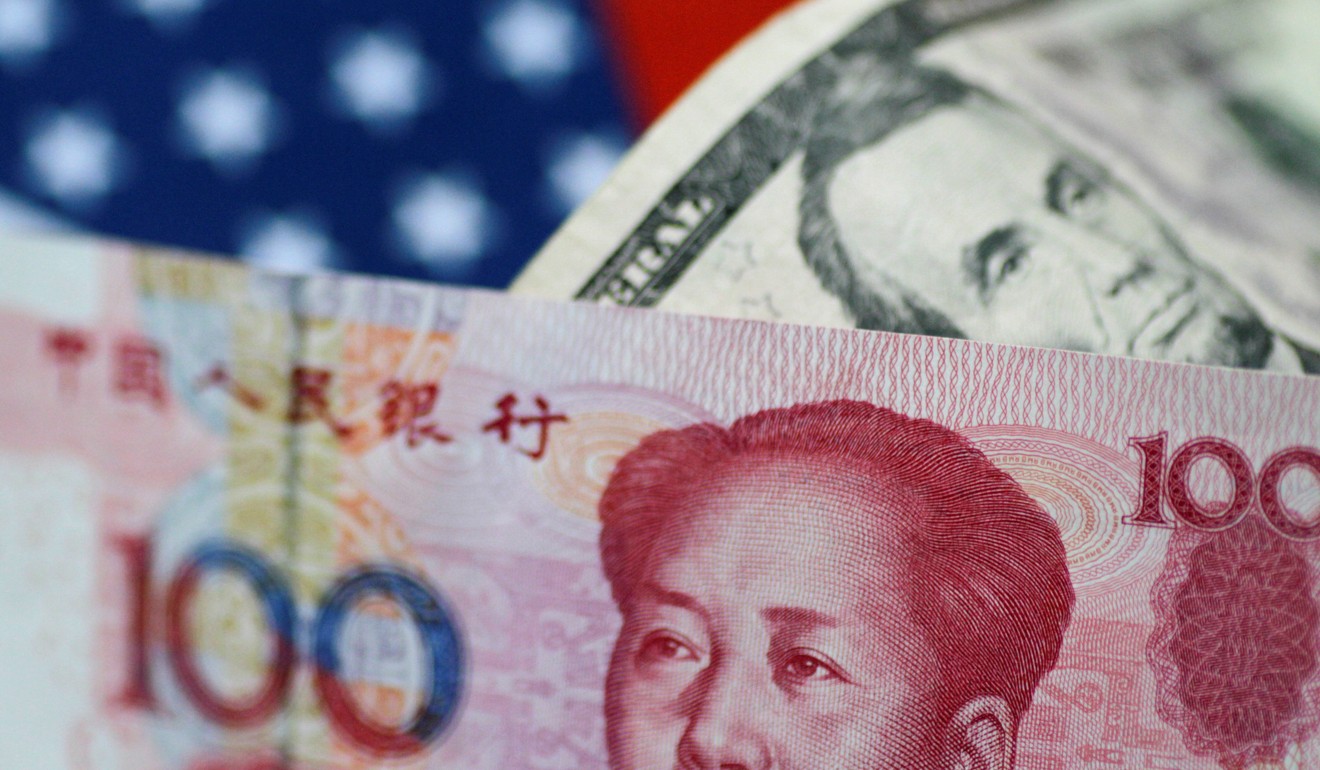
US dollar hits five-week high on Yellen remarks but and then gives up its gains
The US dollar hit five-week highs against the euro on Tuesday after Federal Reserve Chair Janet Yellen was seen as striking a slightly hawkish tone on rates, before the greenback gave back some gains as the move was seen as overdone.
The Fed needs to continue gradual rate increases despite broad uncertainty about the path of inflation, Yellen said in remarks that acknowledged the central bank’s struggles to forecast one of its key policy objectives.
The dollar was last up 0.35 per cent against the single currency at US$1.1808, after briefly strengthening to US$1.1756, the strongest level since August 23, immediately after Yellen’s comments.
“Yellen kind of confirmed that they intend to continue to raise interest rates,” said Kathy Lien, managing director at BK Asset Management in New York.
However, “I think for the most part they are realising that December is a long time from now and the next policy action will come from other parts of the world,” Lien said. “You are seeing the dollar gains lose traction.”
The euro also weakened as worry about political fallout in Germany and other euro zone countries grew.
A speech by French President Emmanuel Macron, who has called for a fundamental overhaul of the European Union’s single currency zone and whose ideas include creating a euro zone budget and a euro zone finance minister, failed to stem outflows.

Investors have shifted their focus to the euro zone’s growing political divides in places such as Spain and Italy after the German election, said Joseph Trevisani, Chief Market Strategist at WorldWide Markets in Woodcliff Lake, New Jersey.
“The markets have been ignoring it, preferring to focus on the drama out of Washington, but the drama out of Washington has not affected the US economy,” Trevisani said. “The European problems are structural and political and deep.”
The results of Germany’s election, in which Angela Merkel won a fourth term as Chancellor but saw her party with its worst showing since 1949, have forced Merkel to consider a new coalition, including the liberal Free Democrats (FDP), a party critical of Macron’s ideas on Europe.
Commerzbank currency strategist Thu Lan Nguyen said in Frankfurt that hopes for greater euro zone integration had been the main cause of a more than 10 per cent appreciation by the euro against the dollar since the first round of France’s presidential election.

